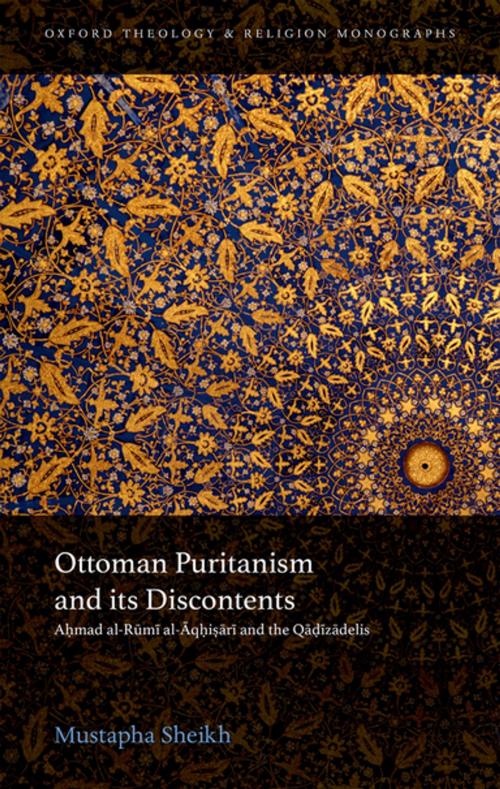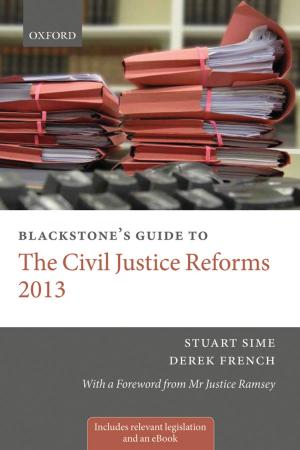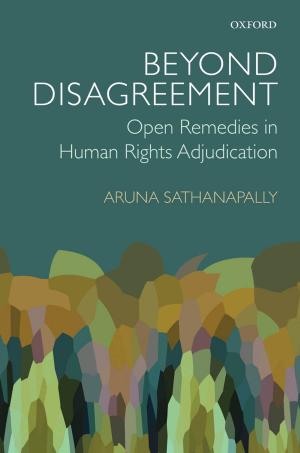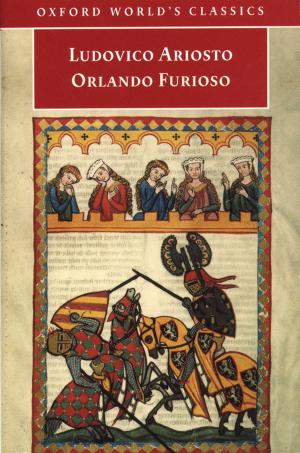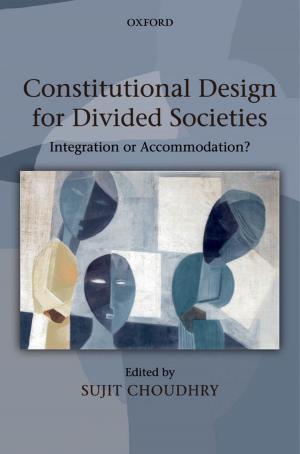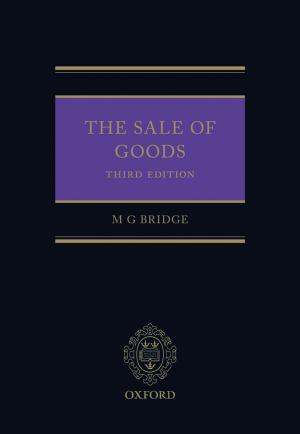Ottoman Puritanism and Its Discontents
Aḥmad al-Āqḥiṣarī and the Qaḍīzādelis
Nonfiction, Religion & Spirituality, Middle East Religions, Islam, History| Author: | Mustapha Sheikh | ISBN: | 9780192508102 |
| Publisher: | OUP Oxford | Publication: | November 10, 2016 |
| Imprint: | OUP Oxford | Language: | English |
| Author: | Mustapha Sheikh |
| ISBN: | 9780192508102 |
| Publisher: | OUP Oxford |
| Publication: | November 10, 2016 |
| Imprint: | OUP Oxford |
| Language: | English |
Ottoman Puritanism and Its Discontents: Aḥmad al-Āqḥiṣarī and the Qaḍīzādelis considers the emergence of a new activist Sufism in the Muslim world from the sixteenth century onwards, which emphasized personal responsibility for putting God's guidance into practice. Mustapha Sheikh focuses specifically on developments at the centre of the Ottoman Empire, but also considers both how they might have been influenced by the wider connections and engagements of learned and holy men and how their influence might have been spread from the Ottoman Empire to South Asia in particular. The immediate focus is on the Qāḍīzādeli movement which flourished in Istanbul from the 1620s to the 1680s and which inveighed against corrupt scholars and heterodox Sufis. Up to now this movement has been seen as proto-Wahhābī, proto-fundamentalist or otherwise retrograde. By studying the relationship between Aḥmad al-Rūmī al-Āqḥiṣārī's magisterial Majālis al-abrār and Qāḍīzādeli beliefs, Sheikh places both author and the movement in an Ottoman, Ḥanafī, and Sufi milieu. Moreover, the study suggests that the impact of the Majālis al-abrār on the Qāḍīzādelis had the outcome in the second half of the seventeenth century of increasing the violence of their activists, a development which ultimately led to their downfall.
Ottoman Puritanism and Its Discontents: Aḥmad al-Āqḥiṣarī and the Qaḍīzādelis considers the emergence of a new activist Sufism in the Muslim world from the sixteenth century onwards, which emphasized personal responsibility for putting God's guidance into practice. Mustapha Sheikh focuses specifically on developments at the centre of the Ottoman Empire, but also considers both how they might have been influenced by the wider connections and engagements of learned and holy men and how their influence might have been spread from the Ottoman Empire to South Asia in particular. The immediate focus is on the Qāḍīzādeli movement which flourished in Istanbul from the 1620s to the 1680s and which inveighed against corrupt scholars and heterodox Sufis. Up to now this movement has been seen as proto-Wahhābī, proto-fundamentalist or otherwise retrograde. By studying the relationship between Aḥmad al-Rūmī al-Āqḥiṣārī's magisterial Majālis al-abrār and Qāḍīzādeli beliefs, Sheikh places both author and the movement in an Ottoman, Ḥanafī, and Sufi milieu. Moreover, the study suggests that the impact of the Majālis al-abrār on the Qāḍīzādelis had the outcome in the second half of the seventeenth century of increasing the violence of their activists, a development which ultimately led to their downfall.
